Hello there,
If you’re a long-time reader of the newsletter, you’d know that I keep quacking about books, why you should read them, and all the boring sort of rot.
But hey, all of you smart subscribers don’t find that talk so boring. (In case you do, please correct my prejudice with an abusive email response/violent public comment)
Every time I write a book reco piece it gets more views than the average article (check this one for instance- people loved it). One of the reasons could be that all of us love reading about books much more than actually reading them.
So what? One day you might just get sick of scrolling 7 hours per night and gravitate towards books- and when you do so, you may want to pick something you read about here and my life goal would be hit.
With this naive hope, let me present 9 brilliant non-fiction reads I relished in 2024:
Seeing Like A State: This has to be THE most profound book I read this year. To be able to categorize a book that way, I try to evaluate how much it has changed the way I see the world. And from that perspective, this book profoundly reshaped my understanding of how states operate. James Scott, in his masterful tome, talks about the 3 main objectives of states: taxation, conscription, and prevention of rebellion. These objectives explain several wide-ranging phenomena: right from the origin of surnames and population censuses (article coming soon), to why schemes like scientific forestry & single-crop mega-farms were implemented despite their disastrous results. It also shows why governments HATE things like crypto, and why they’re hell-bent on IDing all their citizen. Read this book- it’ll change the way you think about states and how they see YOU.
Cosmos: Written by the legendary Carl Sagan, this is a book that’ll increase your feeling of awe for the vast and beautiful universe we inhabit. Sagan covers cosmology, the history of the earliest form of science, and even meditates on the existence of extraterrestrial life (read the detailed piece here- it’s genuinely fascinating). Even though it can get a bit complicated at some points, it was an incredible read that made me want to learn a lot more about our planet, the stars, and our place in this universe.
Fall Of Civilisations: Spanning 14 different locations, right from ancient ones like Sumeria and Assyria to modern ones like Aztecs and Incas, this book explores the stories of the rise & fall of various civilizations (some fascinating notes here). The author does a good job of avoiding the typical yawn-inducing technique that many history writers seem to be gifted with. This book cleared a good deal of fogginess I had about ancient cultures and shone a light on the regularity of climate-driven collapses. Read this so you learn about how so many people have had the best days of their lives only to return to dust soon after. Understand the conditions that caused those reversals. Perhaps it'll help us come to terms with the modern predicament we face and accept the impermanence of all human civilizations.
Chip War: As the AI wars heat up, we’re reminded that a semiconductor- the stuff that powers all those AI chips (which, in turn, cause NVIDIA stock to shoot up like a dog coin)- is arguably one of the most important technologies of the century. It not only supports AI but all digital products that we use daily. Given the criticality of this thing, you’d be shocked to know that the semiconductor industry is dominated by a handful of players from a few countries- the US, China, Japan, S Korea, the Netherlands, and Taiwan. And with China seeking to go all Aatmanirbhar and ease its dependence on the West for this tech, the world of chips is getting tense and exciting, with various countries duking it out to achieve semiconductor supremacy. Combining tech, history, business & geopolitics, this book tells the story of how it all started and where we are now. It reads like a thriller and I’d rate it 11/10 for the incredible writing. It’s like a wow.
The World For Sale: Staying with the theme of business & world politics, I found this one to be a cracker of a read that dives into the world of commodity traders: the men who have bartered the world’s resources, wracked up billions in the process, and silently amassed unprecedented powers. Who’d have guessed that these businessmen had the potential to help nations declare independence, evade global sanctions, and win civil wars? When you dive into the stories of companies like Vitol, Trafigura, and Glencore, you see a lot of mind-blowing historical threads that reveal themselves. The unsurprising part is the moral ambiguity that’s central to the operations of these world-bending businesses. Cracker of a read.
The Shortest History Of Sex: Considering how much we love sex, it’s shocking how little we know about it- the origins, logic, and emergence of different ideas within this world. This is a well-written book that mixes its ideas with enough dirty jokes to keep the reader enticed (intellectually, I mean). Going right to the very beginning, we learn about how sex emerged amongst single and multi-celled organisms, how it evolved among primates, and about modern-day practices. My piece on the origin stories of our sexual features was inspired by this book. But I barely scratched the surface. Read the article, and if you get excited, then go ahead and read the book. It’ll blow…your mind.
The Secret Of Our Success: We don’t have culture because we’re smart, we are smart because we have culture. This is an essential book to understand the story of humanity and the defining role cultural evolution has played in our ascent from a testicle-scratching ape to a world-dominating species hell-bent on building beachfront property on Mars. Culture is a set of tools, technologies, and processes that accumulate over generations and keep expanding the things humans can achieve, and this book elucidates the profound ways in which our cultural products have not just shaped our genes, but also our societies and the world we live in.
The Great Wave: A mind-bending work of economic history, this book highlights how the Western world has seen 4 recurring eras where prices of essential goods kept going up, which created rising instability, widespread crime, and inequality, and ultimately culminated in major societal upheavals. The implications are clear- long periods of rising inflation hint at a festering wound that’ll one day lead to a dramatic societal eruption. Are we living in one such “wave”? Perhaps we are. Read and prepare. That’s what history is for. I’ll be writing about my learnings from this book soon.
Seven Pointless Ways Of Looking At Suffering: We’re ending this list with a philosophy book that delves into humanity’s relationship with suffering, and 7 unique approaches from thinkers as diverse as Hannah Arendt to Epictetus on how we must deal with it. While I maintain that the best defense against suffering is to cultivate a Vipassana meditation practice (because experiential wisdom tops everything else), this book offers beautiful insights into how we must confront a world where pointless misery is a feature and still find beauty in it. This is the way philosophy books must be done- clear, thought-provoking writing meant to tingle the minds of the average reader, not esoteric garbage targeting jargon-spewers in academia.
That’s it for the day folks. Did you enjoy any books in 2024? Please share them with me, and let’s start a conversation.




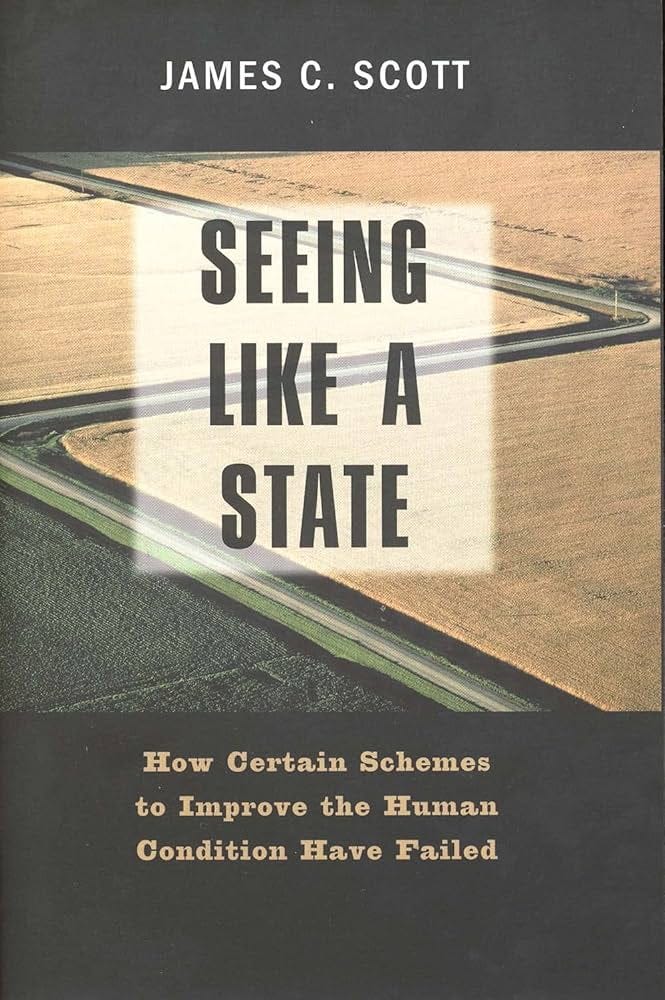



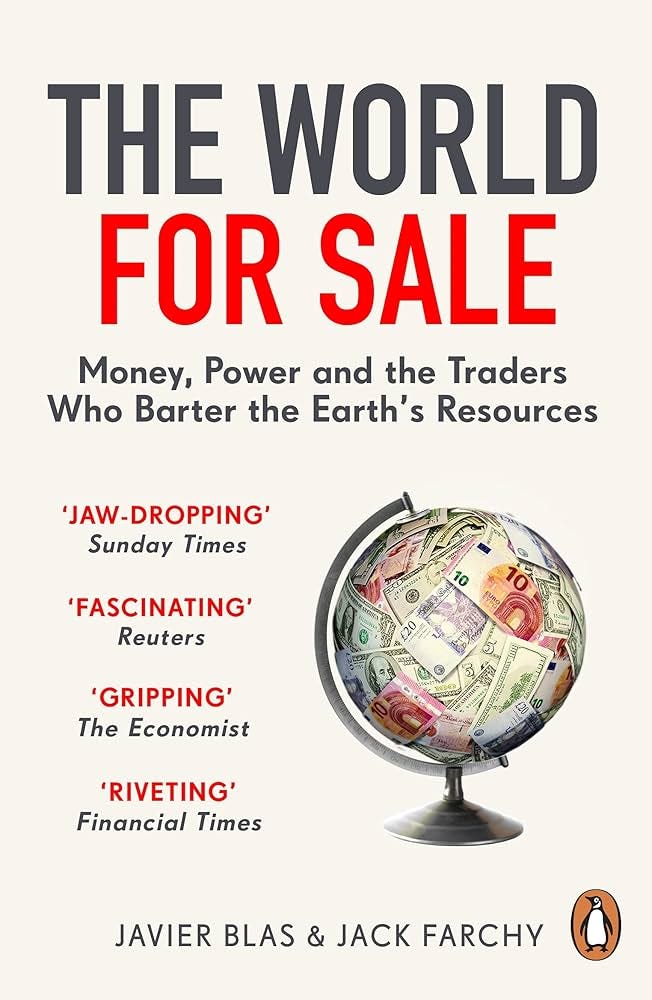

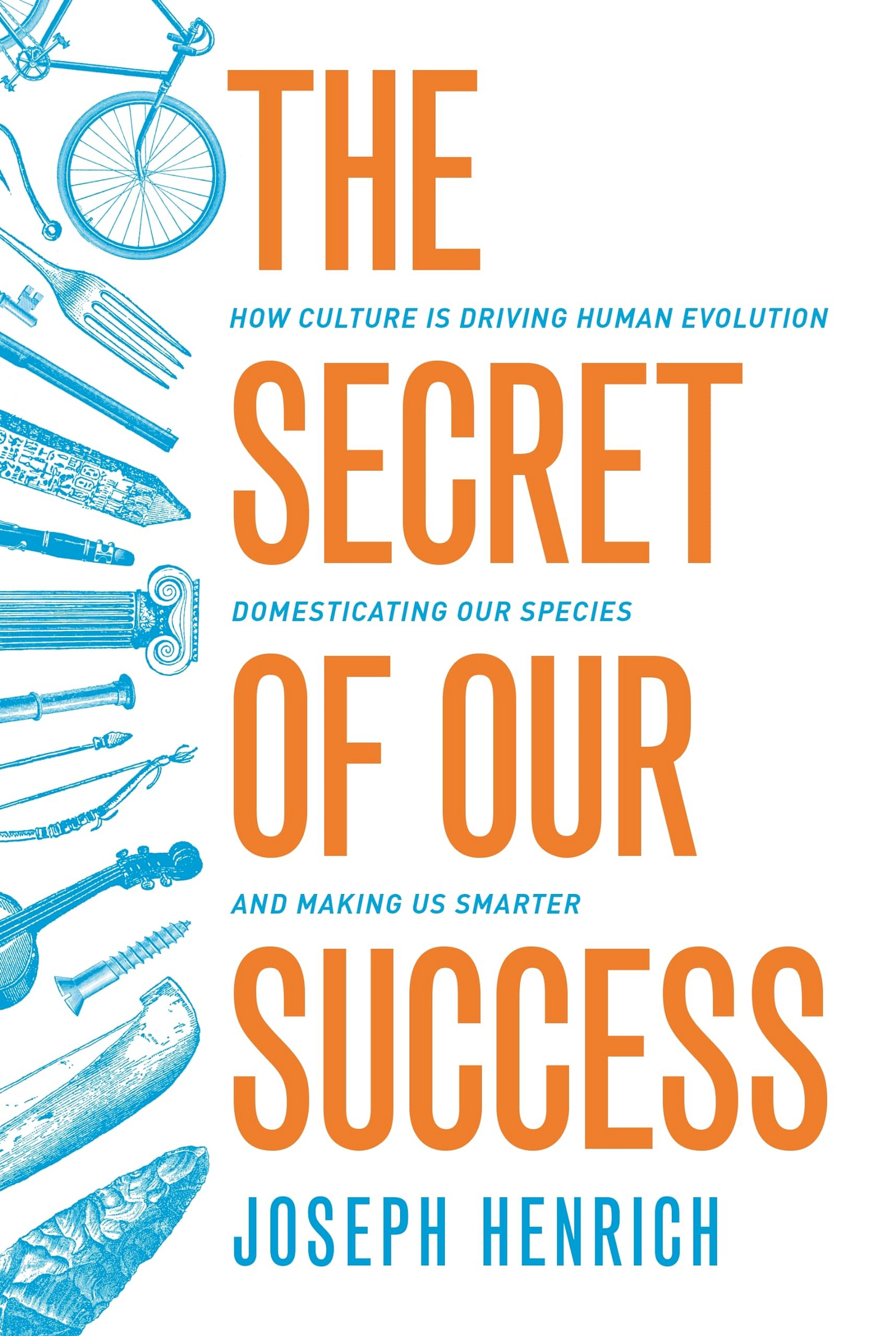
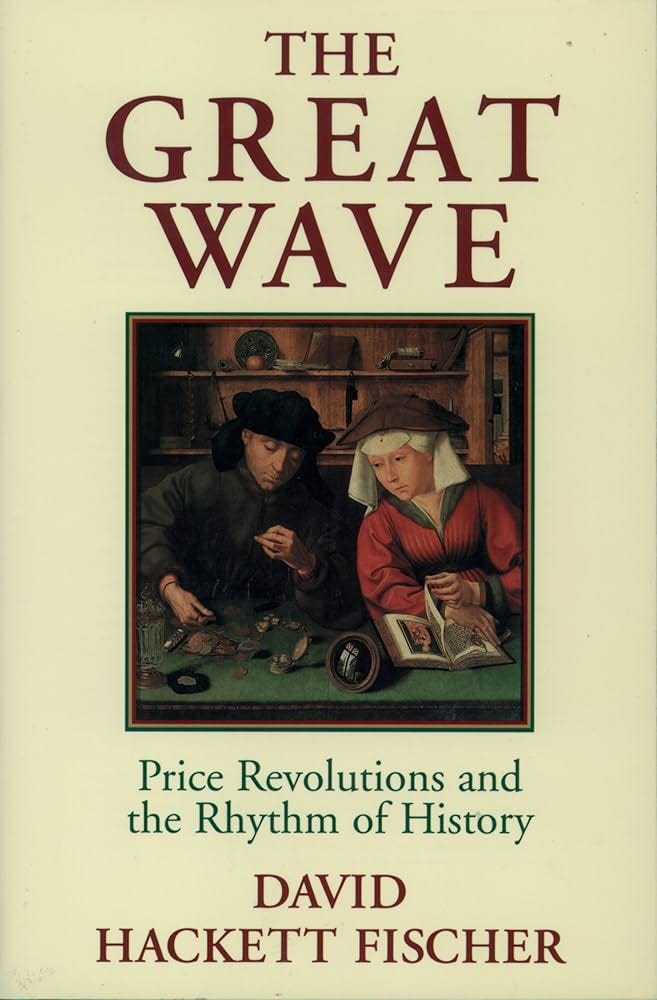
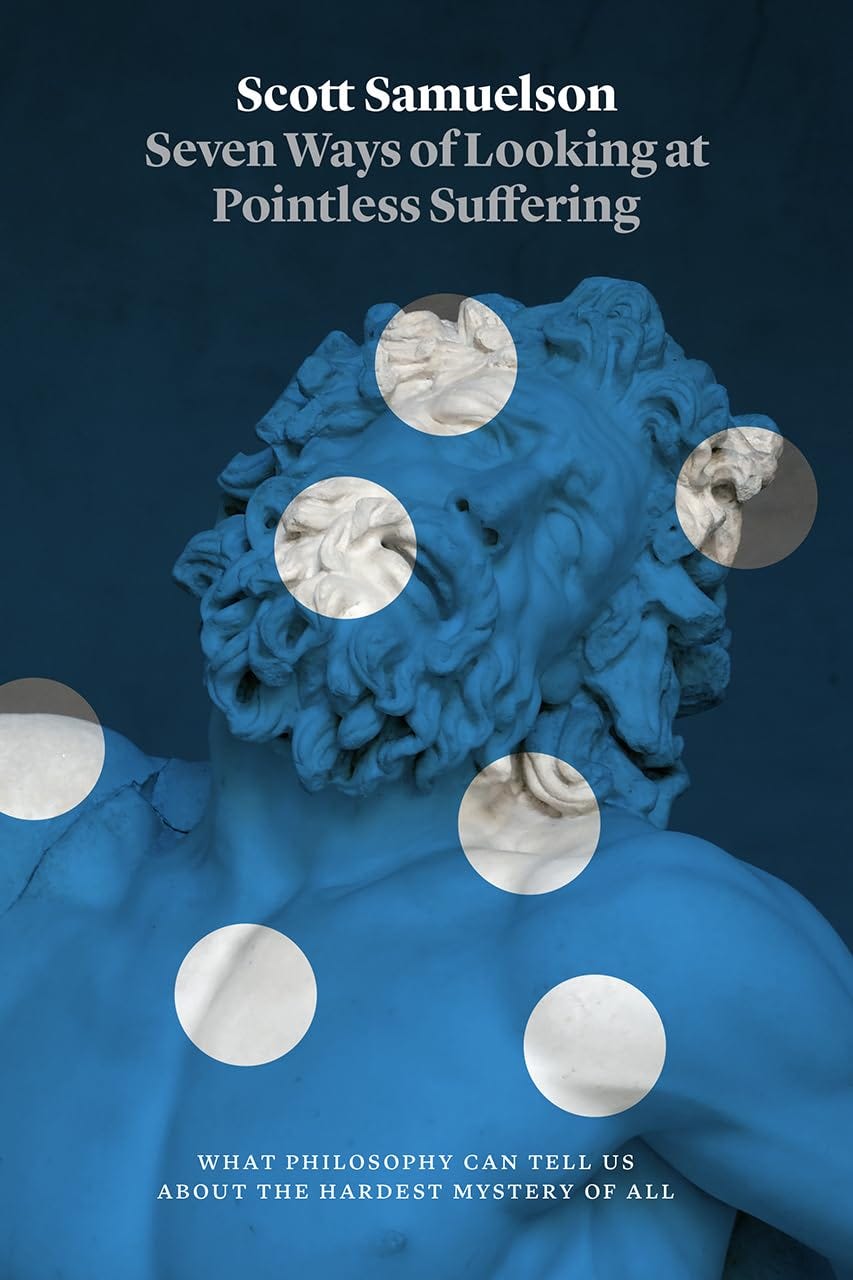
I'd rather read for 7 hours at night than scroll, so I appreciate these new recommendations! I'I'm concurrently reading Genesis: Artificial Intelligence, Hope and the Human Spirit ( Kissinger, Mundie, Schmidt) and The Path to the Singularity: how Technology will Challenge the Future of Humanity ((Wheeler).
I'm a sucker for non fiction but I still thought your list was so excellent and intriguing. I added 4 of them to my list for next year's reads. Thanks for sharing!